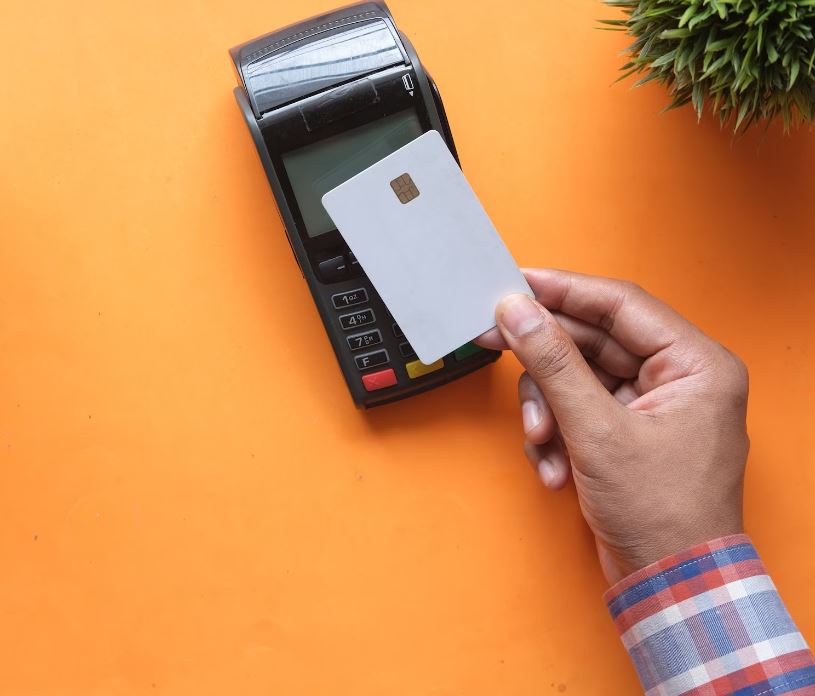One day, in a Fred Meyer store in Idaho, a peculiar scene unfolded.
A woman, seemingly lost in conversation on her phone, roamed the aisles for hours without making a purchase.
This unusual behavior caught the attention of Amy, a vigilant cashier at the store.


Initially, Amy didn’t find anything amiss when the woman selected a $45 gift card.
It seemed like a straightforward purchase, perhaps for a child who was picky about gifts.
However, suspicion arose when the woman added a set of gift cards worth $200 to her shopping.
Amy later told East Idaho News:
“If somebody brings up that many gift cards, it’s normally something fishy.”


Amy’s instincts kicked in, sensing a potential scam.
She addressed the woman, gently suggesting that she might be falling prey to a scam.
Despite the woman’s initial disbelief, insisting she had been in conversation with the caller for hours, Amy persisted.


Taking matters into her own hands, Amy asked to speak directly to the person on the phone.
Her interrogation revealed inconsistencies and evasiveness, leading to the caller eventually going silent.
She explained:
“I took her phone and I started trying to talk to him, asking him what he was doing and then he kind of shut down and I said if he’s shutting down when I’m talking to him it probably means that you shouldn’t be doing this.”
Amy’s intervention not only halted a scam in progress but also protected the woman and her savings from becoming another statistic.


The scammer had convinced the woman that she had overdrawn from her account and needed to pay immediately.
This fabricated urgency is a common tactic in gift card scams, preying on the victim’s fear and confusion.
Sadly, these scammers often take advantage of the elderly too.


It happens all the time.
The evolution of gift-giving, with the advent of gift cards and online shopping, has brought convenience, but has also opened doors for exploitation by scammers.
These criminals often pose as bank officials, government agents, or representatives of organizations offering prizes, insisting on urgent payment through gift cards from popular brands like Amazon, eBay, Google, and iTunes.


Experts, including those from AARP and the Federal Trade Commission (FTC), warn that legitimate organizations never demand payments via gift cards.
This knowledge is crucial in combating such scams.
It’s also very important to be sharing it with family and friends, and also keeping an eye out for situations like this.


Amy’s quick thinking and compassionate intervention earned her praise and gratitude.
She advised fellow cashiers to be vigilant, especially when elderly customers purchase large amounts of gift cards, as they might unknowingly be targets of scams.


Amy’s heroic deed didn’t go unnoticed.
East Idaho News visited her at the store, interviewing her about the incident and presenting her with a token of appreciation.
Her story serves as a reminder of the impact of kindness and vigilance in our communities.
Watch the video below to hear Amy talk about what happened that day, then get rewarded for her actions!
Please SHARE this with your friends and family.















